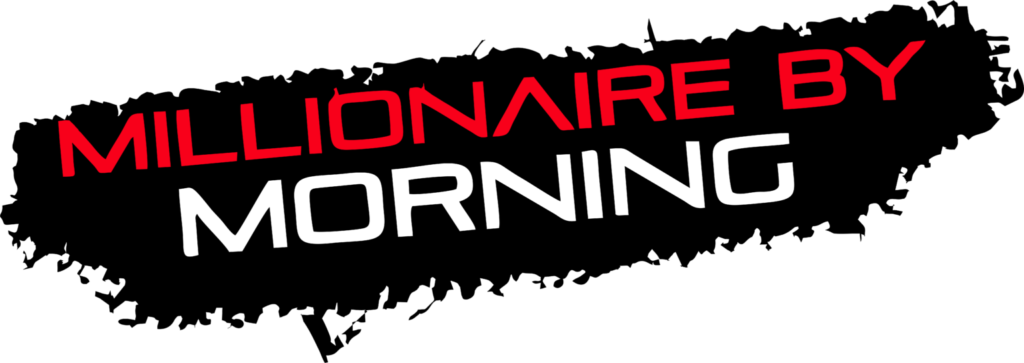
Your entrepreneurial spirit may drive you to start a business. You may want to start a side hustle based on your hobbies/interests or plan to leave your full-time job for a new business. Regardless, the main question is, franchise vs. startup: which one should you go for?
Building a business from scratch can be a challenge. Similarly, owning a franchise affects your autonomy. So, look at the pros and cons of both. This will help you choose the business model that works for you.
But first, let’s understand the basics of both new business approaches.
Table of Contents
ToggleUnderstanding the Dynamics of Business Structure
A business franchise is all about a strategic partnership between two entities. The first one is the franchisor who is the owner of an established and reputable business brand. They offer licenses along with access to the franchisor’s proven business model and ongoing support.
The second party is called the franchisee. They are aspiring business owners who purchase the license and get permission to establish a business with the brand name.

Contrarily, a startup is when you establish a business from scratch. There are no existing products and services and you have to build or source them based on your unique ideas. You can craft a unique business identity and create strategies since you will be starting with a clean slate.
There are certain differences that distinguish both business models.
Franchises originate from established businesses that have already navigated the challenges of the market, while startups are born out of entrepreneurial vision. Franchises typically involve lesser risks due to existing brand recognition. But new businesses have to work hard to build a reputation.
Still unsure which one is the right option, startup vs. franchise? Then it’s best to learn about the pros and cons of both business structures.
Pros and Cons of a Business Franchise
Wondering is franchising a good idea? Then let’s take a look at its benefits and drawbacks.
Positive Aspects
With franchising, your business enjoys brand recognition from day one. Since people already know about the brand, you need less effort to attract customers. Once they hear about the store opening at a new location, loyal customers of the brand will pay a visit.

The main business offers ongoing support and guidance. They assist you with creating business plans and help you navigate the new market. The franchisor will also offer intensive training programs for management and employees to improve business operations and customer service.
Franchises tend to have a high success rate. Look at multinational businesses like McDonald’s, 7-Eleven, Mac Tools, and Anytime Fitness. The risk of failure is low when you buy a franchise license from these popular names.
Negative Aspects
You can’t open a franchise without substantial investment. That’s because the cost of licenses tends to be high, depending on brand popularity. Moreover, the franchisor requires you to have a specific amount of cash/liquid assets for operational purposes.
Then you have to pay a fixed ongoing fee in terms of royalty payments. The amount adds up if you aren’t making enough profit.
Franchising also reduces your autonomy. The franchisor dictates major decisions to maintain consistency across all outlets. So, an entrepreneur who opens a franchise must follow their rules.

Further, if one branch gets entangled in a controversy, it affects the brand and all franchise stores. For instance, a customer may post a review online about their bad experience with a particular outlet. This may cause you to lose your customers too.
Pros and Cons of a Startup
Positive Aspects
Entrepreneurs starting a new business don’t need a high initial investment. You can start small if your budget is low.
You will enjoy a higher level of freedom. There’s no one to dictate decisions. So, you can be creative and think of solutions to solve business problems. Also, you will have full control when building your team.
With a startup, you become your own boss. Being self-employed, you can do what’s best for you and your business. You can prove your expertise with this business structure.
If your business idea becomes successful like Microsoft and Uber, you may become a franchisor yourself. This success opportunity is unique to startups or standalone businesses.

Negative Aspects
Unlike franchises, there is no existing supply chain system. So, you have to build processes. You need to find vendors, suppliers, and other contractors. Then negotiate terms and conditions before signing contracts.
With limited budget comes the challenge of limited resources. You may struggle with maintaining cash flows and attracting investors during the initial stage.
Further, there is no customer base when you get started. And it takes a significant amount of time, effort, and strategies to build brand recognition. You will have to take on multiple roles to manage workload which leads to stress.
Startup vs. Franchise: The Verdict
When getting started, entrepreneurs find it difficult to choose the right option, franchise vs. startup.
Launching a startup lets you be creative and work with complete freedom. You can build a unique brand, develop a distinguished workplace culture, and make decisions that are suitable for your business. But the path isn’t always easy.
You may face different challenges such as limited resources, compliance issues, and a high risk of failure.

On the flip side, you gain access to a proven business model with expert support when you invest in a franchise. But in exchange, you have to compromise on autonomy and arrange a large sum for initial investment.
The decision may seem difficult, but it all depends on your goals. Plan out your budget, determine how much risk you can afford, and consider the level of control you prefer. Then explore the pros and cons of franchising and startups. This process will help you make the right decision.
